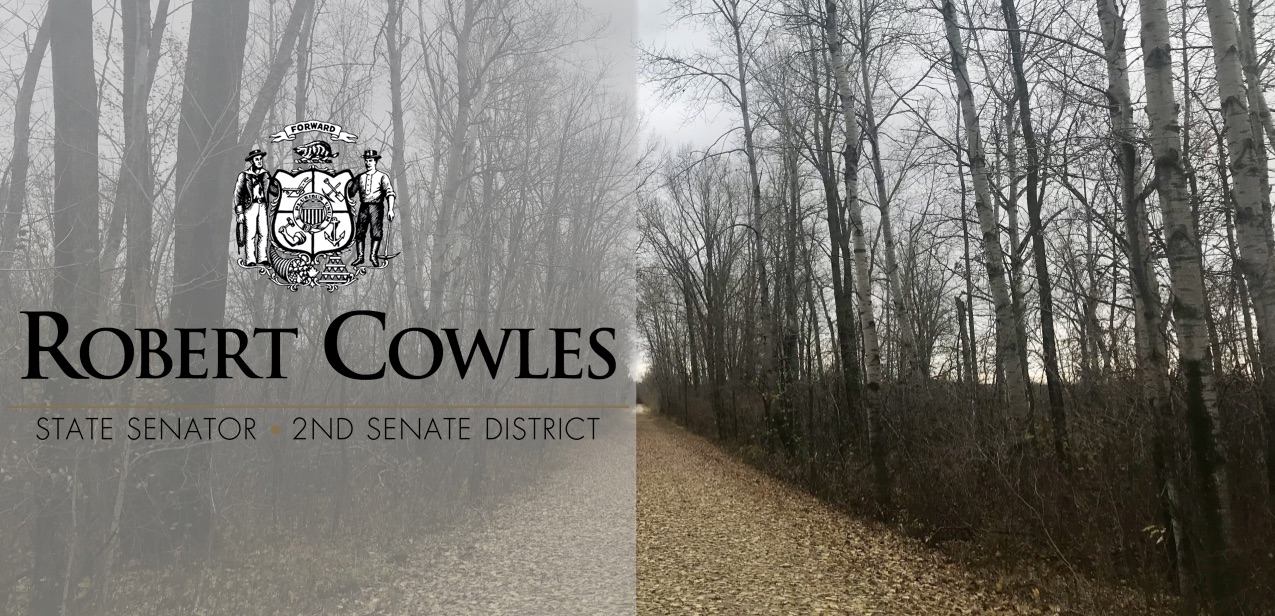|
Robert Cowles
Serving Wisconsin's 2nd Senate District
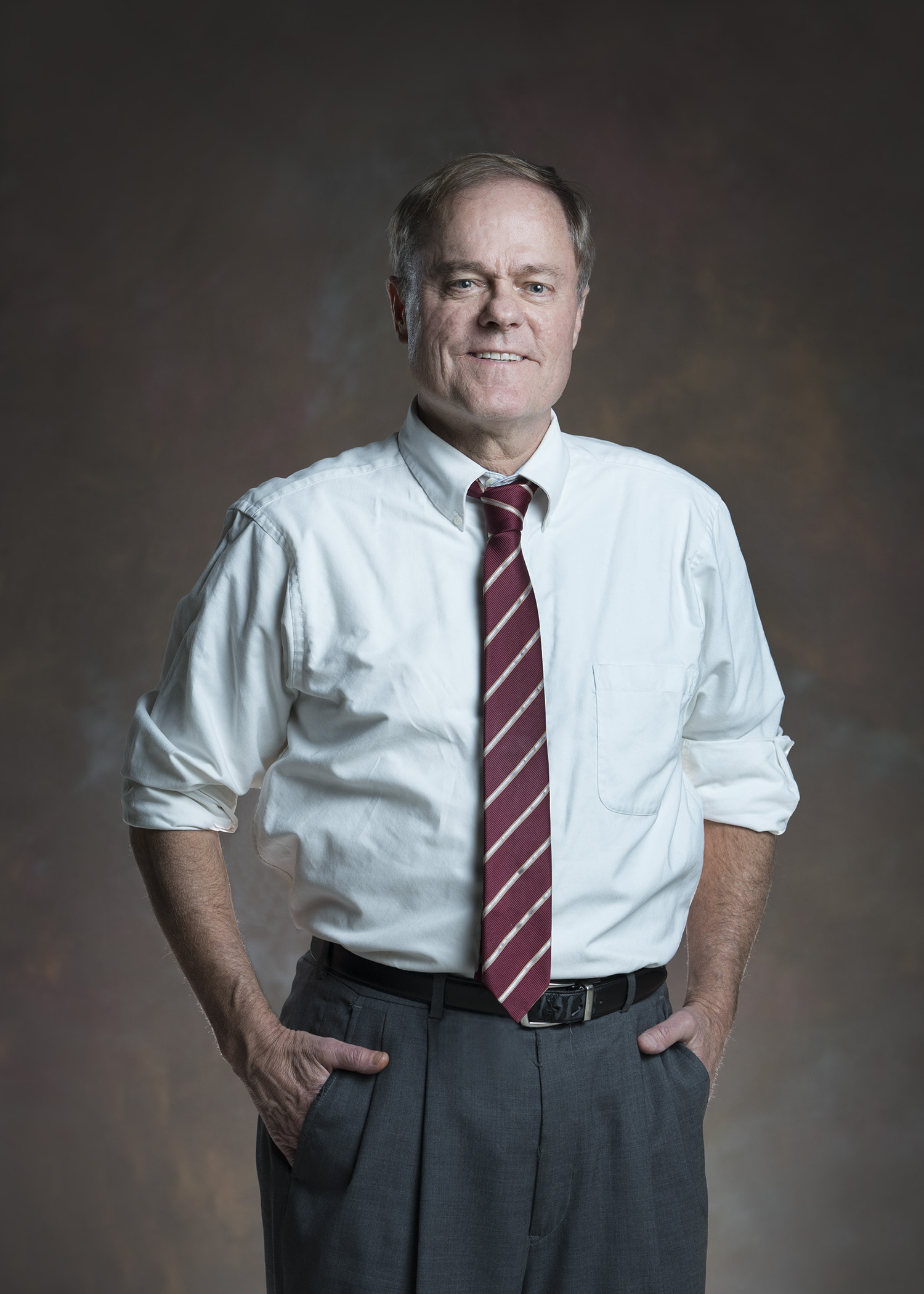



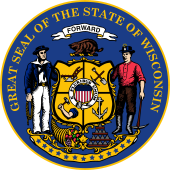

|
|
Quick Fact |
|
Over 9,400 Wisconsin manufacturers employ 475,000
workers. These nearly half-million employees account for
16% of the stateís workforce and make over $50,000 a
year on average. Wisconsin Manufacturing Month (October)
has ended, but weíre lucky that we get to feel the
important impact of manufacturing in Wisconsin
year-round!
|
|
Community Events |
|
One of my favorite parts of being your State Senator
is getting to meet constituents out in the community at
some of our great local events.
The 2nd Senate District is also home to many great
events and attractions. Whether you're a visitor or a
life-long resident, you will not run out of things to do
and see in Northeast Wisconsin.
To find an event or attraction in your area, visit the
Greater Green Bay Convention and Visitors Bureau,
the Fox Valley
Convention and Visitors Bureau, the
Shawano
County Chamber of Commerce, or the
Clintonville
Area Chamber of Commerce. To find more public
events, visit the community calendars on
WLUK
News and the
Appleton
Post-Crescent.
|
|
Helpful Links |
|





|
|
|
Dear Friends and Neighbors,
The colors are turning, the days are getting shorter,
and, perhaps most of all, the temperatures are getting
colder. Although in the State Capitol, itís been heating
up as the fall portion of the 2019-2020 Session is in
full swing. Coming off a floor period last month and
looking ahead to a floor period tomorrow, the
Legislature has been making positive steps in addressing
issues impacting Northeast Wisconsin residents.
Recapping the past few weeks of action in the State
Capitol and around the district, in this e-newsletter,
youíll find information on:
-
Six key efforts passing the Senate
-
Testifying on two bills to support childrenís health
-
Joining national leaders to encourage the ousting of
lead-laden water
-
UW-System President Ray Cross retires
-
Tower approved for Door County State Park
-
Water quality bills recommended by Assembly
Committees
-
Wisconsin turning the page on energy
-
Recent events I've attended around the district
-
And more
As always, feel free to
contact my office with any questions or concerns you
may have, and be sure to visit
my website and connect with me on
Facebook,
Twitter, and
Instagram for more regular updates from around the
2nd Senate District and in the State Capitol.
Thanks for reading!

Senator Robert Cowles
Proudly Serving Wisconsin's
2nd Senate District
|
|
Six Key Efforts Pass the Senate |
|
Iím pleased to report that six efforts Iíve been leading
were passed by the Senate during a floor period last month.
-
Senate Bill 200, which Iíve authored with Rep
Steffen and a team of bipartisan legislators, establishes timelines and protocols to prevent a
future backlog of sexual assault kits and, most
importantly, provides certainty and options to sexual
assault survivors seeking justice.
-
Senate Bills
296,
297,
298 and
300, which Iíve authored with Rep Mursau, Rep
Milroy and Sen Miller, ĎBites Backí against Lyme
disease in Wisconsin by raising our stateís
awareness and prevention efforts and fostering
continued discussions on Lyme disease.
-
Senate Joint Resolution 27, which I authored
with Rep Felzkowski, declares November 1st of each
year as Electa Quinney Day in Wisconsin.
Electa Quinney, a member of Stockbridge-Munsee Band
of Mohican Indians, was the first female teacher and
taught in the first free school in what would become
Wisconsin. This resolution was also passed by the
Assembly later that week, making it official that
last Friday, November 1st, was the first Electa
Quinney Day in Wisconsin. Learn more about Electa
Quinney
here.
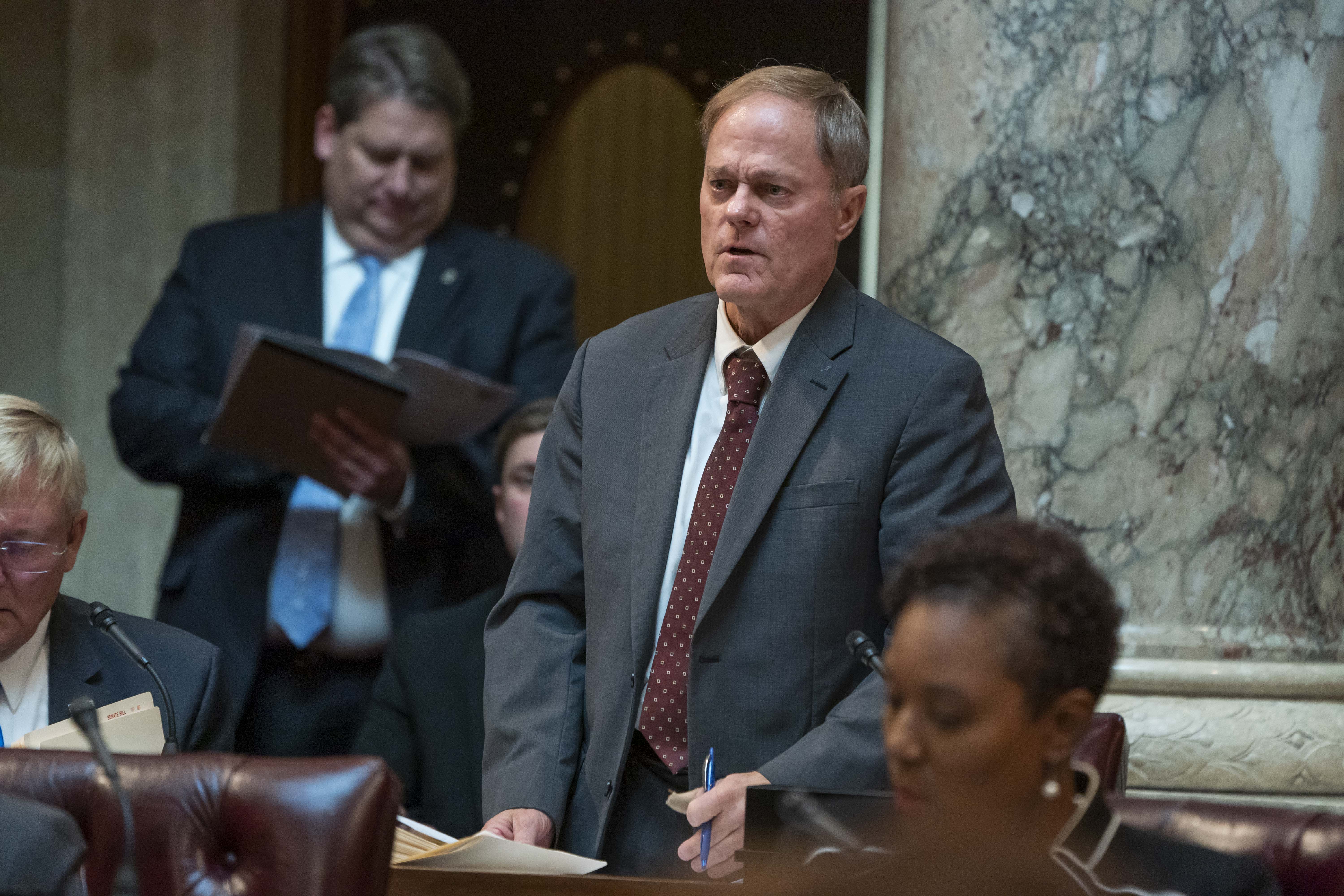
The Senate also considered few dozen other bills, a
handful of joint resolutions, and over 60 appointments
that I supported either as a co-sponsor or with my vote
on the floor.
-
Senate Bill 139, authored by Sen Jacque and Rep
Wichgers, closes a loophole in current laws to
ensure that all acts of bestiality are treated as
felonies. Iíve heard from many constituents, some of
whom own horses, about the importance of getting this
bill signed into law.
-
Senate Bill 142, authored by Sen Kooyenga and
Rep James, prohibits the UW-System and technical schools
from penalizing veteran students with late fees if
their federal tuition benefits arenít paid in time.
After hearing from some UW-Green Bay students, I was
proud to co-sponsor this bill.
-
Assembly Bill 22, authored by Rep Thiesfeldt and
Sen Johnson and supported by Schneider National,
will ensure truck drivers can spot the warning signs
of human trafficking when they stop at truck stops
in Wisconsin and beyond. This bill now heads to the
Governorís desk.
-
Assembly Bill 195, authored by Rep Tranel and
Sen Marklein, makes it easier for qualified
educators to take advantage of teaching license
reciprocity in Wisconsin and may encourage more
educators to move and call Wisconsin home. I
co-sponsored this effort.
Learn more about some of these pieces of legislation and
others passed by the Senate on October 8th by
reading
this article on WBAYís website.
|
|
Testifying on Two Bills to Support
Children's Health |
|
The consequences of childhood lead poisoning have
been well researched, with future health problems,
behavioral issues, and development and learning
impairments being significant drivers behind actions
to address lead contamination. In the 2017-2018
Legislative Session, I authored the Leading on Lead
Act with bipartisan support to give localities the
tools to address lead-laden water in the home.
Earlier this year, I voted for the 2019-2021 budget
which provided over $10 million to abate lead paint
in the homes of low income individuals.
But the work doesnít stop there. Iíve also authored the Supporting Childrenís Health by Ousting
Outdated Lead Acts, SCHOOL Acts for short, with Rep
Thiesfeldt and a bipartisan team of co-authors and
sponsors. This effort will allow us to know what
comes out of the faucet in schools, daycares, and
other places children frequent and reduce lead
contamination among Wisconsinís youth.
Actions to address lead contamination among youth is
not only the right thing to do, but will also save
the state a lot of money down the road by lessening
negative health outcomes and reducing impairments to
learning and development in the classroom and in the
home.
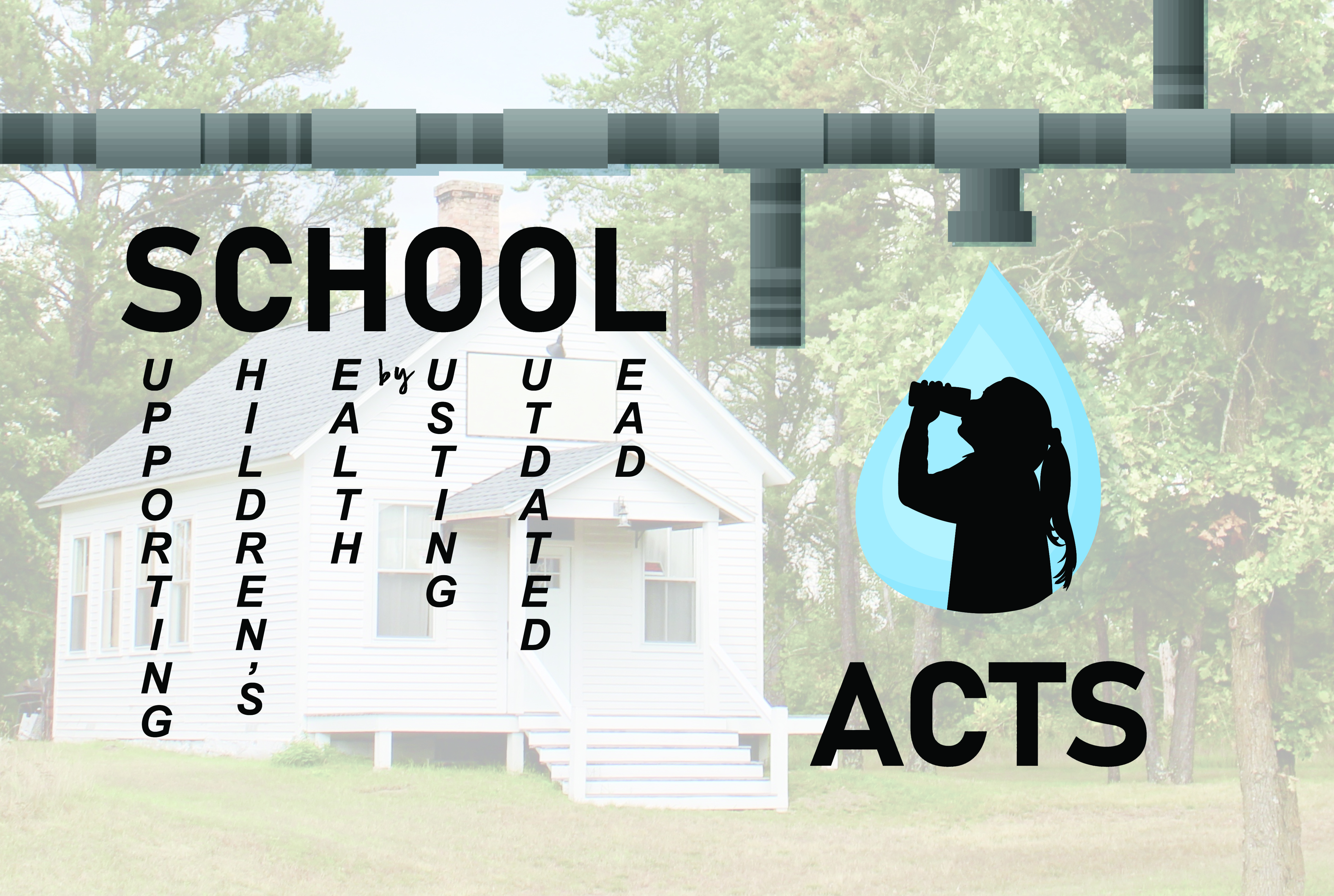
In October, the SCHOOL Acts were heard by a
Senate Committee. To learn more about these two
bills, watch my SCHOOL Actsí testimony on
Facebook.
|
|
Joining National Leaders to Encourage the Ousting of
Lead-Laden Water |
|
On Childrenís Environmental Health Day (October 10th), I
joined federal Environmental Protection Agency (EPA)
officials including Administrator Andrew Wheeler and
Region 5 Administrator Cathy Stepp, local officials
including Green Bay Mayor Eric Genrich and Green Bay
Water Utility General Manager Nancy Quirk, and other
local and national leaders on the Green Bay CityDeck to
unveil new revisions to the federal Lead and Copper Rule
(LCR). This rule, first created in 1991, is the nationís
primary regulatory foundation for limiting the
concentration of lead and copper in public drinking
water systems.
After the announcement, I joined national leaders who
are working to combat the problem of lead-laden water in
applauding the EPA for their attention to this issue by
providing a comment in an EPA press release. See the full release and additional
comments from Housing and Urban Development Secretary
Ben Carson, federal legislators, heads of national trade
organizations, and others on
EPAís website.
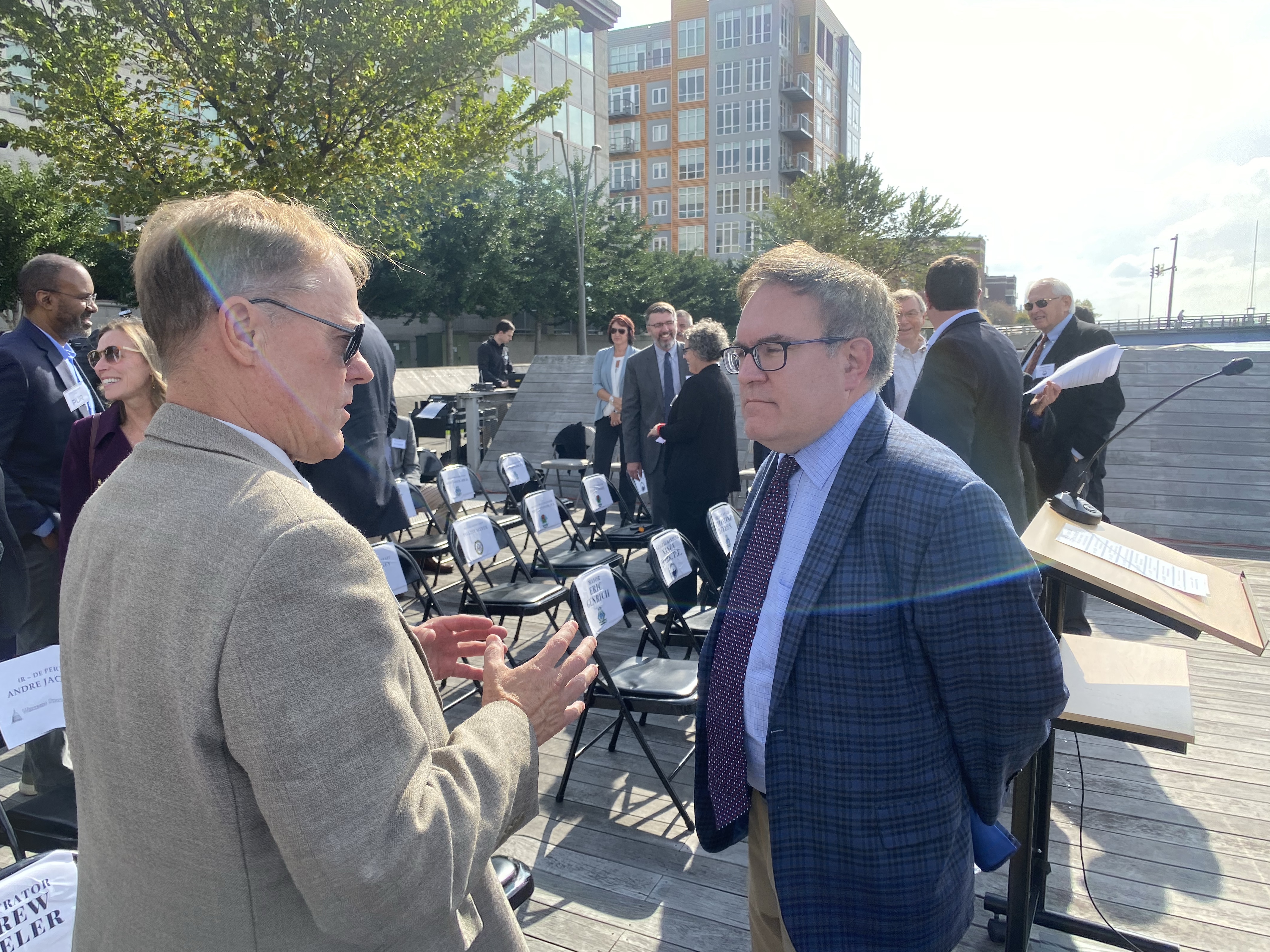
Discussing the steps Wisconsin has taken to
address lead-laden water
with Environmental Protection Agency Administrator
Andrew Wheeler.
While places like Flint and Newark have received
national attention, Wisconsin hasnít despite having some
of the nationís highest rates of lead poisoning among
our stateís youth. We need, on a household, local, state
and federal level, to give this public health crisis the
attention it requires.
During the press conference, Green Bay indicated their
intent to submit a docket to the state Public Service
Commission to become the fifth community to use the
Leading on Lead Act (2017
Wisconsin Act 137), one of the first laws of its
kind in the nation to give local governments the tools
they need to address lead water laterals leading into
the home. Still, over 130 cities, villages, and towns
have lead laterals delivering contaminated water to
Wisconsin residents, including tens of thousands of
youth which are more vulnerable to the long-term health
and behavioral effects of lead poisoning. Iím calling on
more communities to look to utilize this innovative tool
now that a roadmap has been provided by communities of
different sizes and facing varying scopes of this
problem in their area.
I was happy to be invited to the unveiling of this
crucial rule revision and to be listed among those
actively involved in the national discussion to address
lead in this EPA release. In Wisconsin, we have a chance
to be a leader. Between the Leading on Lead Act, now
law, and the Supporting Childrenís Health by Ousting
Outdated Lead (SCHOOL) Acts (2019 Senate Bills
423 and
424) which will be voted on by a Senate committee soon,
Iíve been working to author bipartisan solutions to
these nonpartisan problems.
But, whether itís the federal LCR revisions or state
efforts like those Iíve authored, these are just a few
of the stepping stones in a line of more comprehensive actions necessary to rid our communities of lead and
solve this public health crisis. I look forward to a day
where we can all reflect on the challenge of lead
poisoning as a concern of the past and we can be proud
of the proactive steps we took to rid our communities of
lead exposure.
|
|
UW-System President Ray Cross Retires |
|
Ray Cross, the President of the UW-System since
2014, announced his retirement on October 25th. Ray has been a
great leader for higher education in Wisconsin.
During Rayís time as President, his commitment to
our state has been undeniable and heíll leave the
UW-System in a better position than when he first
took over. Rayís retirement will be felt on campuses
throughout the state and right here in the State
Capitol, but his retirement is well deserved and I
wish him all the best.

|
|
Tower
Approved for Door County State Park |
|
When Eagle Tower in Peninsula State Park was closed
for structural concerns, it marked the end of an era
in one of our stateís busiest Parks. After a
successful local fundraising campaign, the State
Building Commission recently approved state funding
for a new tower. This marks the beginning of an icon
for the regionís outdoor recreation industry and
will drive more visitors to this destination to the
benefit of the entire State Park System.

|
|
Water Quality Bills Recommended by Assembly Committees |
|
Along with the SCHOOL Acts and some other recent
legislative hearings, two bills Iíve authored have now
been unanimously recommended for passage by Assembly
Committees.
First, early last month, the Assembly Forestry, Parks
and Outdoor Recreation Committee unanimously recommended
Assembly Bill 134 for passage. Known as the Parks
Revitalization Act 2.0, this legislation expands upon an
effort from last session by providing up to $5.2 million
in authorized but unobligated Stewardship funding to
address the backlog in water infrastructure projects in
our State Parks. Iím proud to be working with Rep
Summerfield and Rep Kitchens on this important effort to
help protect human health and improve visitor
experiences.
A couple of weeks later, a unanimous vote by the
Assembly Local Government Committee recommending
P3: Wisconsinís Trading Marketplace helps to set
Wisconsin on a course to create the first statewide
water quality pollutant trading clearinghouse. While the
goal is to create a reduction in nutrients entering
waterways to help clean up our waters, these Pollution
Prevention Partnerships would have numerous ecological,
financial, and recreational benefits. If passed,
municipal wastewater utilities, cheese factories, and
other facilities could save tens of millions in
otherwise necessary infrastructure upgrades while
achieving a bigger water quality benefit. Learn more about
this legislation and see my full quote in this joint
press release with my co-author, Rep Kitchens, on
my website.
|
|
Wisconsin Turning the Page on Energy |
|
Last week, Alliant Energy announced their ĎPowering
Whatís Nextí plan which includes 1 gigawatt of
planned solar generation in Wisconsin. Alliant
Energy has long been ahead of the curve among
Midwestern utilities in renewable energy generation
with their vast arrays of wind turbines in Iowa, but
with yesterdayís announcement, Wisconsin will be
making strides ahead in solar power. This commitment
is about ten-times our stateís current solar
generation capacity and will compliment planned
solar projects by WEC and others.
Powering Whatís Next will also continue our
transition towards an energy sector that has a
cleaner environment and more robust economy. Solar
power benefits our economy by increasing the family
supporting jobs in energy manufacturing,
installation and maintenance and by
saving
ratepayers money as renewables have begun
outcompeting coal in an open market. Solar power
also benefits our environment as reductions in
pollution runoff and infiltration are realized by
the planting of pollinator species and reductions in
emissions harmful to human health are achieved.
Setting Wisconsin on a path towards stronger energy
diversity and security with a cleaner and more
robust energy portfolio requires a lot of
commitments, but this announcement is a significant
building block in Wisconsinís energy future.

|
|
Recent Events Attended |
|
I have the opportunity to attend a number of community
events each week. These events are central in my role as
an elected official as they allow me to stay up-to-date
on the latest news from businesses, non-profits, and
local governments. I also get to welcome dozens of
residents from Northeast Wisconsin into the Capitol each
week as they come to my office to talk about the issues
important to them in their professional and personal
life. Here is just a sampling of some of the events Iíve
recently attended around the district and meetings Iíve
had in the Capitol:
-
I attended a graduation on Friday for the Brown County
drug courts which are a treatment and diversion
model for area nonviolent drug offenders. By using
rehabilitation over punishment, weíre reducing
recidivism and improving our communities while
saving taxpayer funds in the long-run.
-
I was pleased to welcome several Fire Chiefs,
including three from Northeast Wisconsin, to my
office last month. These Chiefs have a big
responsibility to keep their communities safe, but
they have an even bigger commitment to those they
serve. I was happy to learn more about how I can
support their efforts.
-
Rep Joel Kitchens and I had a good conversation with
members of Dairy Business Association as we
discussed our Pollution Prevention Partnerships bill
and provided updates on the Speakerís Task Force on
Water Quality.

-
Getting young people excited about a career in
agriculture isnít just important for our economy and
global food supply, but helps to maintain way of
life in Wisconsin. On October 13th, I attended a
Bonduel 4H event to honor leaders and meet some of
our areaís youth who are interested in farming.
-
Young professionals (YP) are the lifeblood of
continued economic development in our region. The
Current YP group in Green Bay helps to keep young
professionals in our region by providing them with
engagement and networking opportunities as well as
chances to give back to community. I attended the
13th Annual Leaders Luncheon to support Current YP.
-
I recently attended the annual meeting of the
Shawano County Farm Bureau. Farmers work every day
to keep us fed and to keep our rural economy
pumping. It was good to have a chance to chat with
these producers about the successes theyíve had and
the challenges they face.
|
|
In Other News... |
|
Here are some other stories I wanted to share with
you:
-
On October 12th, we celebrated National Farmerís
Day. Northeast Wisconsinís farmers are the backbone
of our food supply and a significant economic driver
for our state. Theyíre fathers and mothers,
community leaders, and entrepreneurs. While Farmerís
Day has passed, when you sit down for dinner
tonight, take a moment to think about the
hard-working producers who made your meal possible.
Thank you, farmers!
-
In Wisconsin, over 13,700 law enforcement officers,
9,400 career firefighters, 9,900 career EMS
personnel, and 23,000 volunteer firefighters and
EMTs devote their time and risk their wellbeing on a
daily basis to keep us safe. Theyíre owed our
gratitude every day, but especially on October 28th, First
Responders Appreciation Day, I extended a special
thanks to our friends and neighbors who put on a
uniform or turnout gear when weíre in need of help.
-
As mentioned in the last e-newsletter, the
2019 Senate Scholar Program is accepting
applications until November 8th. This program
provides students with an advanced week-long crash
course in the legislative process. Open to high
school juniors and seniors, the student chosen will
represent the 2nd Senate District during this unique
educational experience.
-
Forbes recently named Green Bay Packaging as
America's 27th Best Midsized Employer for 2019.
Congratulations to Green Bay Packagingís leadership
and employees! This is a well-deserved recognition!
-
Attention local officials: The DNR is now accepting
Municipal Flood Control (MFC) grant applications for
its 2020 grant cycle. This funding is crucial,
especially with increased occurrences of heavy rain
activity in recent years, but that also makes this
funding competitive. Funding can be used for the
acquisition of property, vacant land, structure
removal, floodproofing and administrative support,
among other things, and applications are due on
March 16, 2020. If youíre a local official whoís
interested in learning more, check out
the DNRís website. Iíve also sent a letter on
this program to all local communities in the 2nd
Senate District this week.
-
Manufacturing is a good choice for many area
students looking for a career with stable employment
and good pay. Thanks to a new program at Kaukauna
High School, students will be better prepared to
enter into the manufacturing workforce or seek a
trade degree when they get their diploma. Learn more
on
WFRVís website.
-
Bees, along with other native pollinators, are a
crucial part of our ecosystem, but they also play a
huge role in Wisconsin crops including apples,
cherries, green beans, cucumbers, and cranberries
which account for over $55 million in annual
production. While weíve passed the seasons of fresh
blooms (and for those with seasonal allergies, there
are no complaints), the focus on promoting native
pollinators continues.
I recently learned of a half-million dollar
anonymous donation to the Natural Resources
Foundation of Wisconsin to create an endowment to
promote natural pollinators. This very generous gift
will go a long way in keeping our natural resources
and agricultural economy thriving!
-
The Green Bay area is rooted in a storied history,
and the Packers are a huge part of Titletownís past,
present, and future. Iím
pleased to be co-authoring a bipartisan effort
to help expand our recognition of this history by
naming the Walnut Street bridge after Bart Starr.
-
October was National Cyber Security Awareness Month.
This serves as an annual reminder for consumers to
remain alert for fraudulent digital behavior and to
secure and protect your data online. Learn how you
can be cyber smart at
this
link.
-
The phoenix community got to celebrate an exciting
day earlier this month as the STEM Innovation Center
at UW-Green Bay officially opened! This new
facility, which I voted to support in a previous
state budget, will enable more research and better
prepare students for the workforce. Learn more on
the
Press Timesí website.
|
|
